Rackham’s Strategic Vision for Graduate Education
Rackham is leading a charge to reenvision graduate education at U-M in a way that is student centered and faculty led, and that emphasizes a holistic view of graduate training. This will include preparing students for an expanded range of career opportunities and providing outlets for interdisciplinary, project-based approaches to solving complex, real-world problems for both doctoral and master’s students.
Featured Initiatives
See how initiatives that align with our vision are already taking shape at Rackham and across campus.
Our Vision
Our vision for Rackham’s next five to eight years is informed by our school mission, our assumptions about the future of higher education based on feedback from numerous stakeholders, and our values as an institution.
Our Goals and Objectives
To achieve our vision, Rackham has four major goals.
More Ideas at Work
Learn more about how Rackham is working to achieve our vision.
Featured Initiatives
Graduate Student Mental Health and Well-Being
In June 2019, Rackham set up a task force on graduate student mental health. The charge of the task force was to identify major factors that influence graduate student mental health, with a goal of identifying changes that Rackham, graduate programs, faculty mentors, and graduate students can make to better support graduate student mental health and well-being. Faculty, staff, mental health professionals, and students worked collaboratively to develop plans for Rackham to pursue, resulting in the formation of a standing committee, among other recommendations.
- Rackham Committee on Graduate Student Mental Health and Well-Being
- Reports of the Graduate Student Mental Health Task Force: Year 1 | Year 2
The Rackham Doctoral Intern Fellowship Program
Graduate training today requires more than exceptional academic preparation. The Rackham Doctoral Intern Fellowship Program allows doctoral candidates to pursue a fully supported internship as part of their training. Internships offer students a mentored experience in non-academic settings that is tailored to meet the needs of partner organizations. This initiative provides a crucial experiential learning opportunity for students, while demonstrating the value of their advanced abilities and knowledge to employers in a wide array of fields.
Mentoring Plans in Doctoral Education
The role of mentoring in graduate student mental health cannot be denied. Setting clear expectations and communication lines are key to a healthy mentoring relationship, and the role written mentor agreements can play in creating such a healthy relationship is clearly documented. Rackham is currently working with programs and its Mentoring Others Results in Excellence (MORE) Committee to create a normative expectation for the presence of written mentoring plans in all doctoral programs.
Holistic Admissions in Graduate Education
Holistic admissions practices evaluate the skills, experience, knowledge, and potential of an applicant by considering the academic, professional, and personal record along multiple dimensions. Through these practices, components of the graduate application that are most reflective of an applicant’s accomplishments and promise are identified and used for admissions decisions.
Our Vision
Our vision for Rackham’s next five to eight years is informed by our school mission, our assumptions about the future of higher education based on feedback from numerous stakeholders, and our values as an institution.
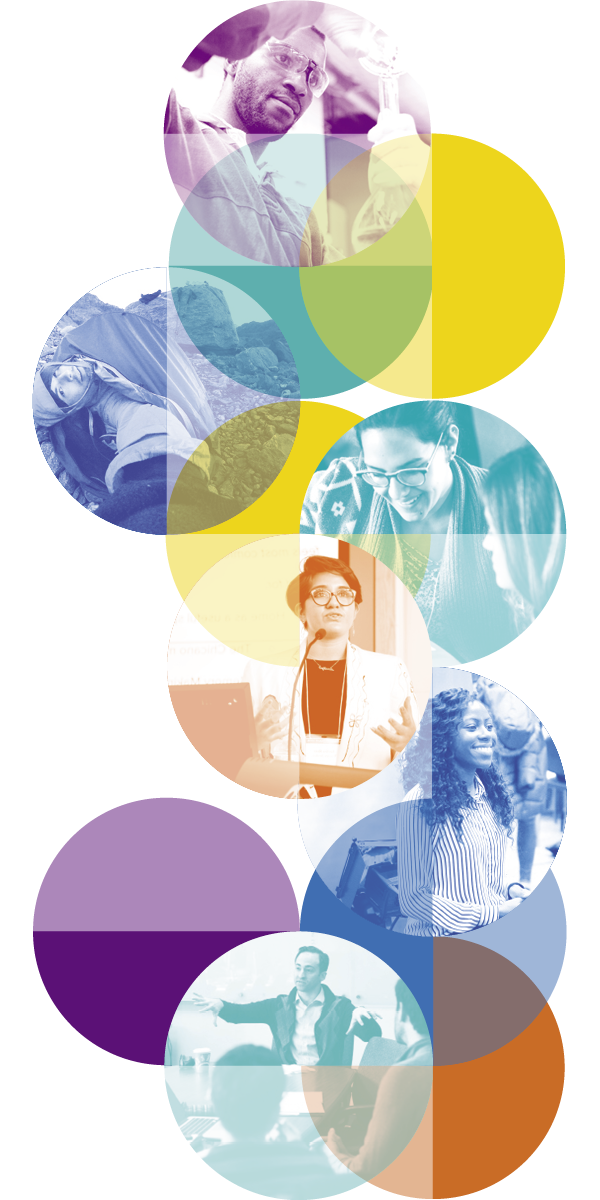
Mission
The mission of the Rackham Graduate School is to partner with University of Michigan graduate faculty and programs to advance excellence in graduate education, to cultivate a vibrant and diverse student community, and to impact the public good through the scholarship and discoveries of its students and degree recipients.
Assumptions
- There will be increased societal need for the advanced training that graduate education offers.
- The career outcomes available to graduate degree recipients will continue to expand.
- Concerns about the costs of graduate education and public skepticism about its value will persist.
- The diversity of the graduate community will continue to be essential to its excellence.
- Scholarship and training will continue to be increasingly collaborative and interdisciplinary.
Values
In pursuit of its mission, the graduate school values the following:
- Intellectual exchange and free inquiry;
- Inclusive excellence as central to the vitality of graduate education;
- Partnership and collaboration with the campus community;
- Innovation and adoption of evidenced-based practices;
- Cultivation of a culture of trust, integrity, transparency, accountability, and respect.
Our work in graduate education aligns with the mission of the University of Michigan, which is to serve the people of Michigan and the world through preeminence in creating, communicating, preserving, and applying knowledge, art, and academic values, and in developing leaders and citizens who will challenge the present and enrich the future.
Vision
Our vision is that all of the graduate school’s partners—faculty, students, alumni, and staff—will embrace their membership in the Rackham community and collaborate to promote excellence, diversity, innovation, and a student-centered academic experience in graduate education. To realize a student-centered experience, faculty members incorporate the educational, scholarly, and professional goals and potential of individual students into the design of curriculum, research, and mentoring.
Our Goals and Objectives
To achieve our vision, Rackham has four major goals.

Goal 1: Reimagined Academic Experience
Rackham and the graduate faculty will continue to advance high academic standards while reimagining the graduate academic experience as student-centered.
Objectives
- Increase exchange among faculty across diverse programs about how content, structure, and milestones of doctoral and master’s programs can effectively support evolving student academic and professional needs.
- Facilitate research and learning opportunities that bring together students, faculty, and staff from different disciplines and fields.
- In collaboration with faculty and graduate programs, develop opportunities, funding, and resources that prepare students to access the wide range of career opportunities available to them.
- Encourage innovation in mentoring and other academic support practices that recognize student well-being, including mental health, as key to academic and research success.
- Expand research about student-centered graduate education.

Goal 2: Strengthened Diversity
The vitality of the graduate student community will be strengthened through increased accessibility of graduate education, thereby expanding the diversity and inclusion of student viewpoints and backgrounds in graduate programs.
Objectives
- Support U-M graduate and professional programs’ expansion of the quantity and nature of relationships with Minority Serving Institutions.
- Increase opportunities to expand and sustain Bridge to the Ph.D. programs.
- Improve Rackham’s capacity to provide a diverse cohort of undergraduates with high-quality research experiences and exposure to the graduate community.
- Increase alignment of Rackham’s campus-wide initiatives that promote diversity, equity, and inclusion.
- Support a more inclusive environment to improve the sense of belonging of students from prospecting through completion and beyond.

Goal 3: Enhanced Partnerships and Community
Members of the Rackham community will recognize, value, and capitalize on their community membership.
Objectives
- Increase direct communication and engagement with graduate faculty.
- Increase opportunities for the Rackham community to learn about recent advances in graduate education research and practice.
- Enhance Rackham Program Review activities to strengthen partnerships with the graduate faculty and programs.
- Provide opportunities for alumni to engage with students, the graduate school, and one another in ways that advance Rackham’s mission.
- Assess the alignment of the functions of the graduate school with the needs of graduate program students, faculty, alumni, and staff.

Goal 4: Strengthened Organizational Culture and Climate
The Rackham organization will be configured to promote staff learning, recognition, collaboration, informational transparency, and empowerment.
Objectives
- Provide and expand opportunities for Rackham staff to improve their knowledge of recent advances in graduate education, pursue their career development, and engage in learning that strengthens their expertise within Rackham, the university, and the professional community.
- Increase employee interaction, collaboration, and work experiences within and across units.
- Increase opportunities for recognition and award nomination programs within Rackham, the university, and the professional community for all Rackham staff.
- Create and maintain information systems to better communicate Rackham initiatives to employees and to advance employee-centered initiatives. Incorporate and communicate employee voices and expertise in decision making processes.
- Increase alignment of Rackham space usage—physical and virtual—with the needs of Rackham organizational culture and climate.
More Ideas at Work
As part of our vision, Rackham seeks to connect and support efforts that are responding to the changing conditions of graduate education so that their effect can be amplified in a way that will have a broad impact on students across disciplines. Here are some more examples that complement the initiatives featured at the top of this page.
Current Rackham Initiatives
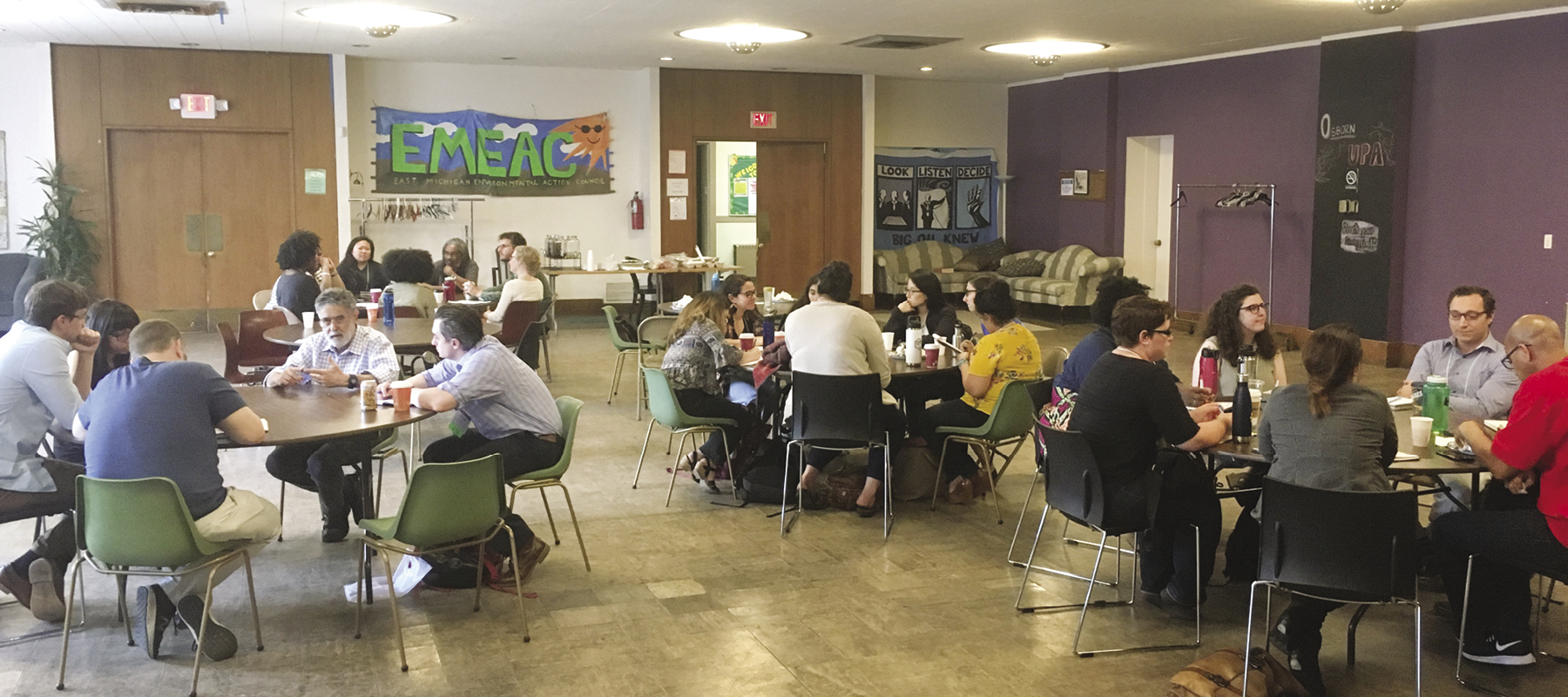
Public Scholarship and Engagement Initiatives at Rackham
Initiatives supporting a thriving community of graduate students and faculty committed to bringing together their scholarship and commitment to challenging questions of social importance that benefit the public good.
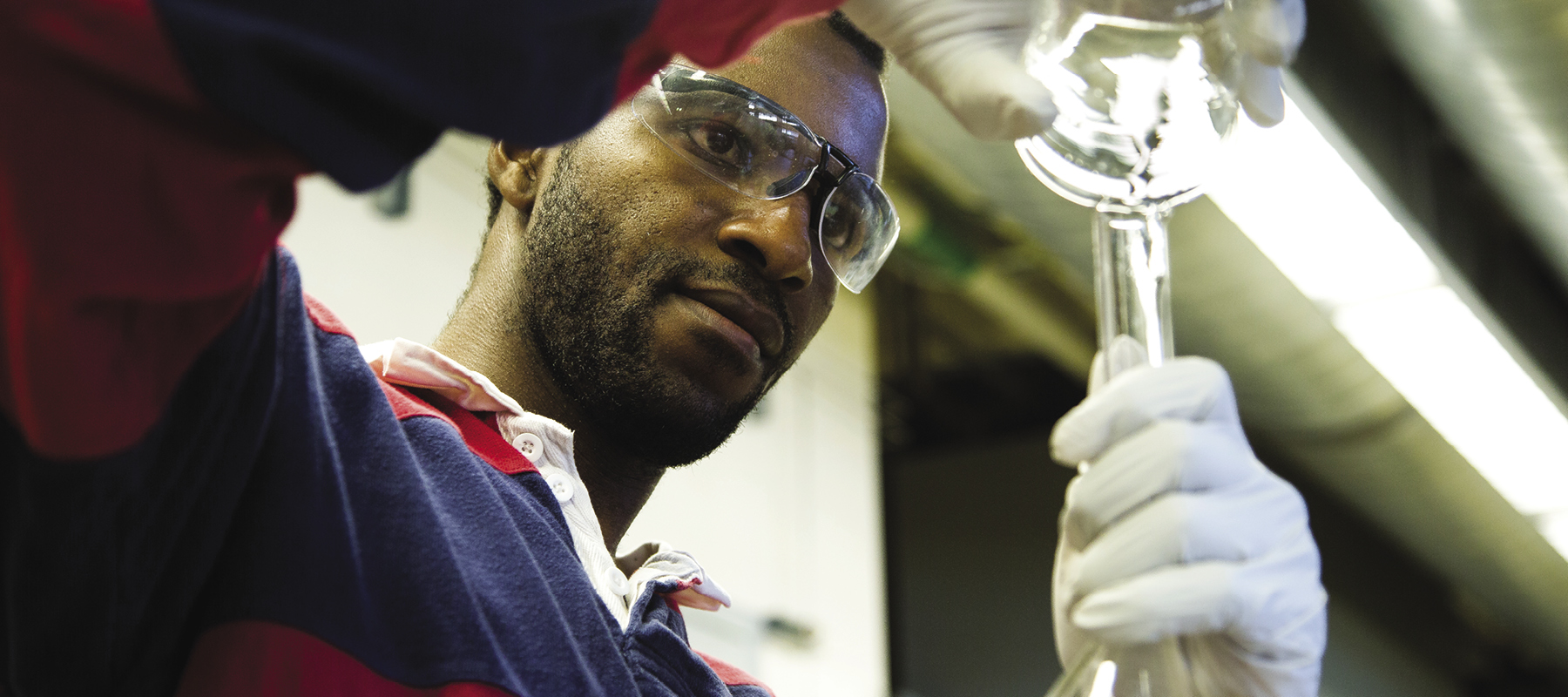
Bridge to the Doctorate
A program that serves to attract diverse and historically marginalized students to doctoral education in fields where they are underrepresented, as diversity in STEM, in particular, has only begun to reflect the diversity of the U.S. population.
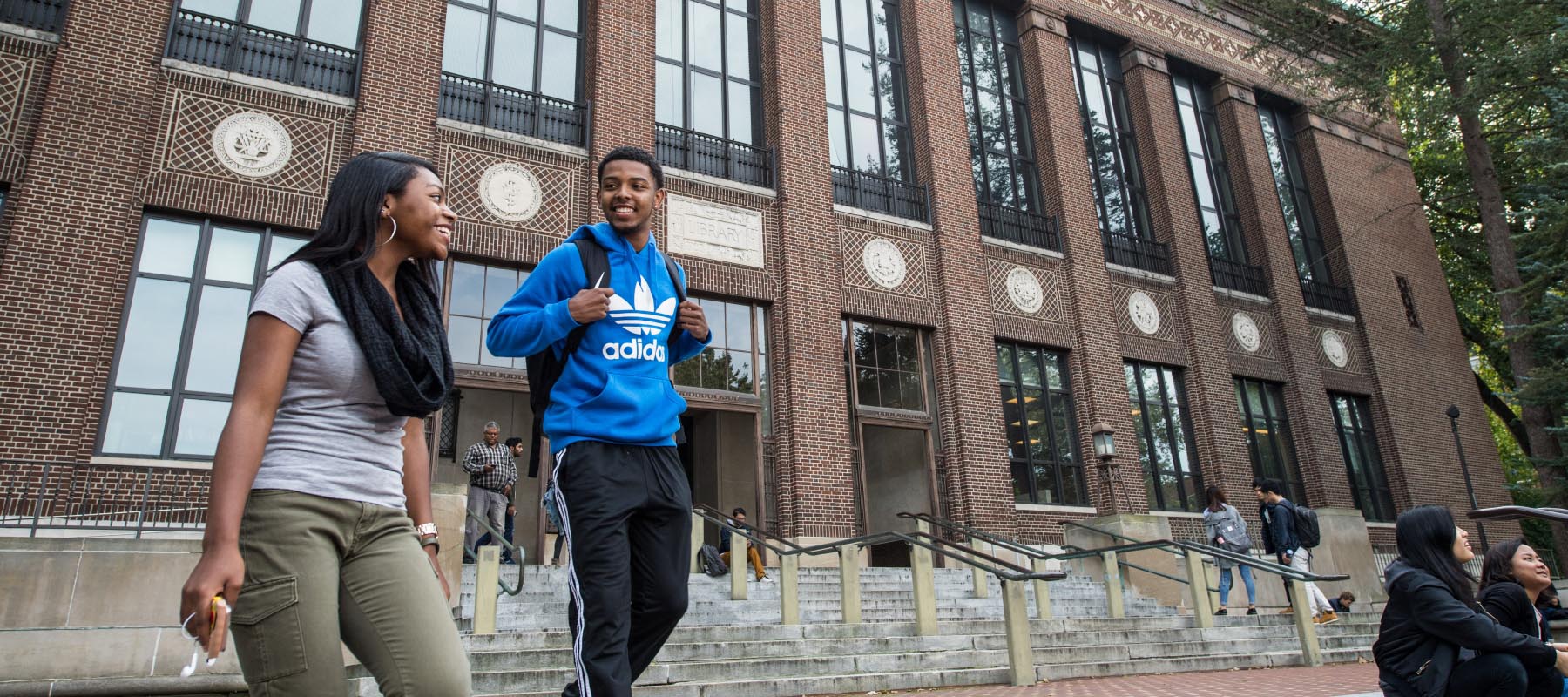
Michigan Doctoral Experience Study (MDES)
Rackham implemented the Michigan Doctoral Experience Study (MDES) to examine the doctoral-student experience over the entire trajectory of graduate study and into early career development. The goals of the study are to inform Rackham programming and policies to better meet student needs and to contribute to the scholarship on doctoral-student success.
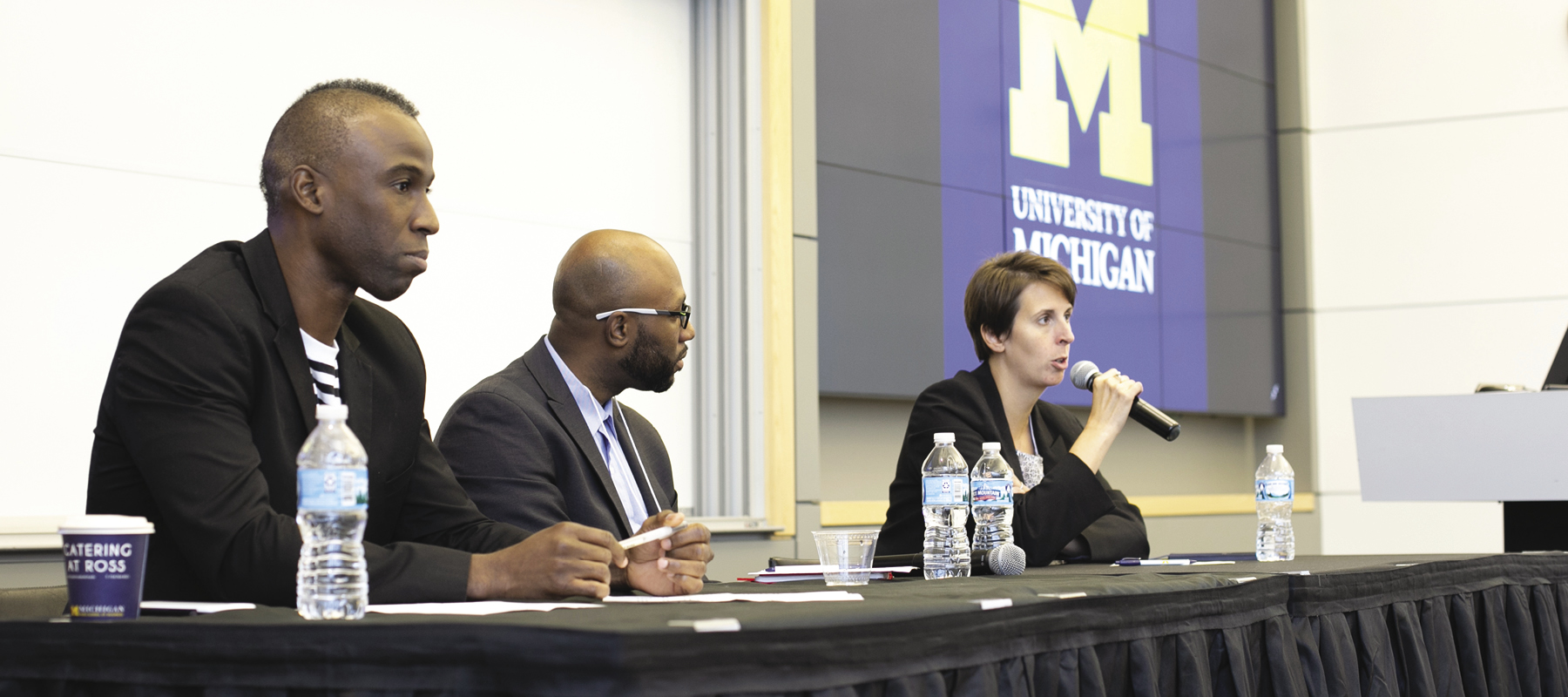
Minority Serving Institutions Initiative
An initiative to galvanize committed U-M units to work collaboratively toward expanding opportunities for diverse students in graduate and professional education by strengthening pathways between U-M and Minority Serving Institutions.

Mentoring Others Results in Excellence (MORE) Committee
A committee that provides faculty with effective tools and practices for mentoring graduate students that, when applied, result in improved retention, productivity, and overall student success.
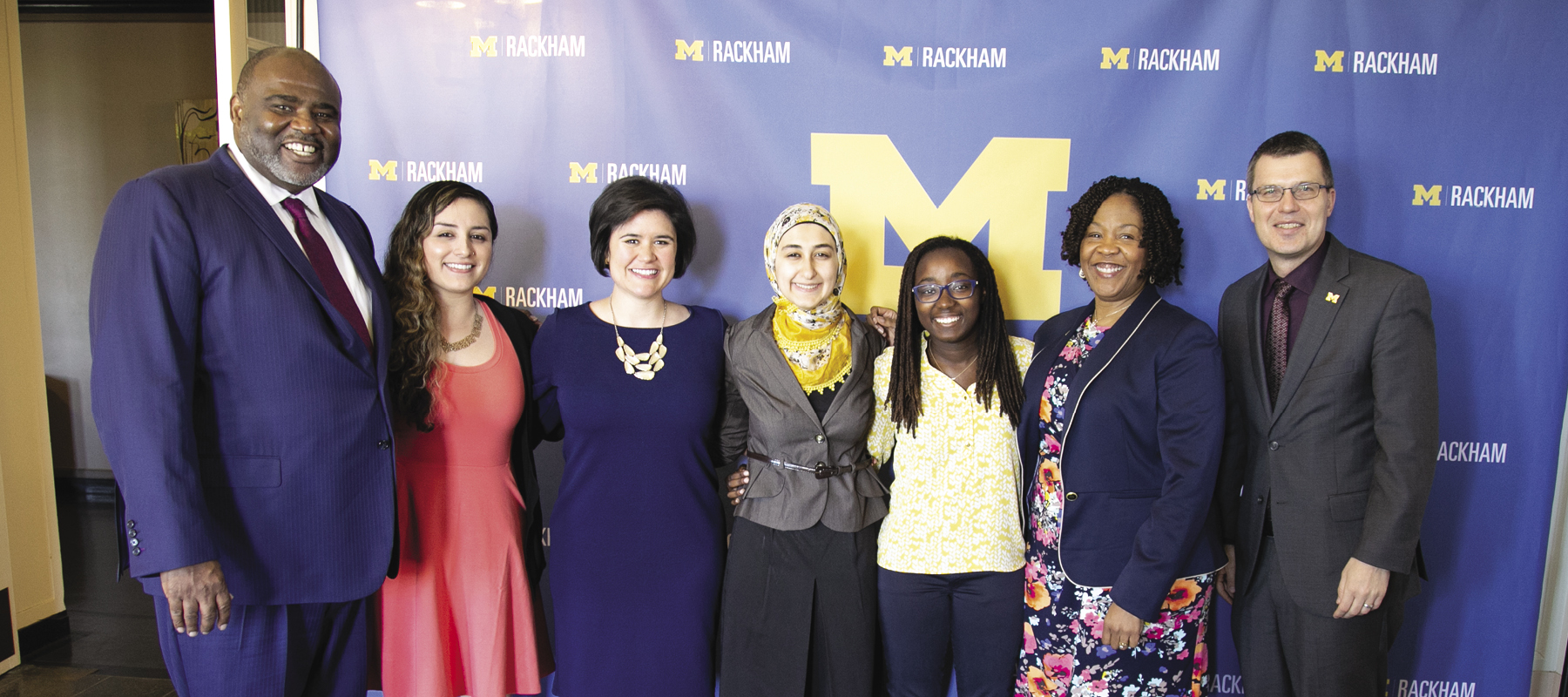
Professional Development Diversity, Equity, and Inclusion (DEI) Certificate
A professional development certificate program designed to prepare graduate students and postdoctoral fellows to work in a diverse environment while fostering a climate of inclusivity, offering a centralized, clear cut, and flexible pathway to gain critical DEI skills and knowledge.
Reports
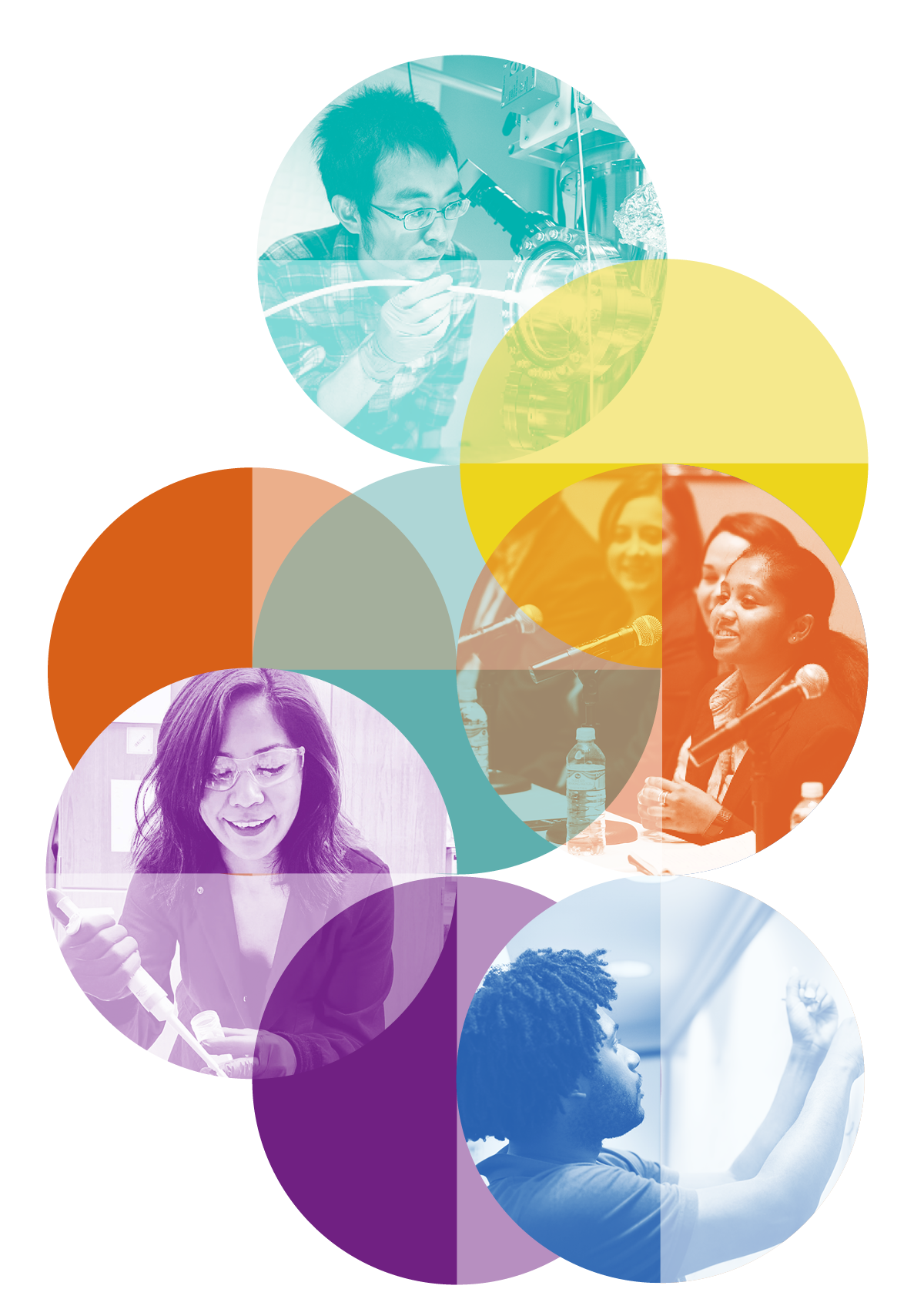
Graduate Student Mental Health Task Force
Year One
As mental health challenges continue to pose difficulties for graduate student health, well-being, and academic progress, Rackham formed the Graduate Student Mental Health Task Force to identify and implement specific changes in the U-M graduate student experience. Their report outlines ten recommendations to better support graduate student mental health at individual, program, and institutional levels, as well as a call on Rackham and individual graduate programs to prioritize graduate student mental health and well-being alongside academic success. Download the Year One Report (PDF)
Year Two
As part of its second and final annual report, the Rackham Graduate Student Mental Health Task Force outlined the creation of the Rackham Committee on Graduate Student Mental Health and Well-Being to continue its mission of supporting the mental health of U-M graduate students on a permanent basis. Central to the committee’s mission is the establishment of a mental health and well-being advocate program, which would see mental health advocates embedded in graduate programs across the university. Download the Year Two Report (PDF)
Committee on Graduate Student Experiences with Disability Accommodations
As Rackham continues to work to improve its ability to meet the needs of graduate students with disabilities, the Graduate Students with Disability Needs Assessment Committee was formed in response to informal reports from students that indicated the current system for disability accommodations does not adequately meet the needs of our graduate students. Their report details systematic data collected from graduate students around the specific difficulties they and others they know currently encounter, their unmet needs, and their ideas about potential solutions and improvements. Download the Report (PDF)
